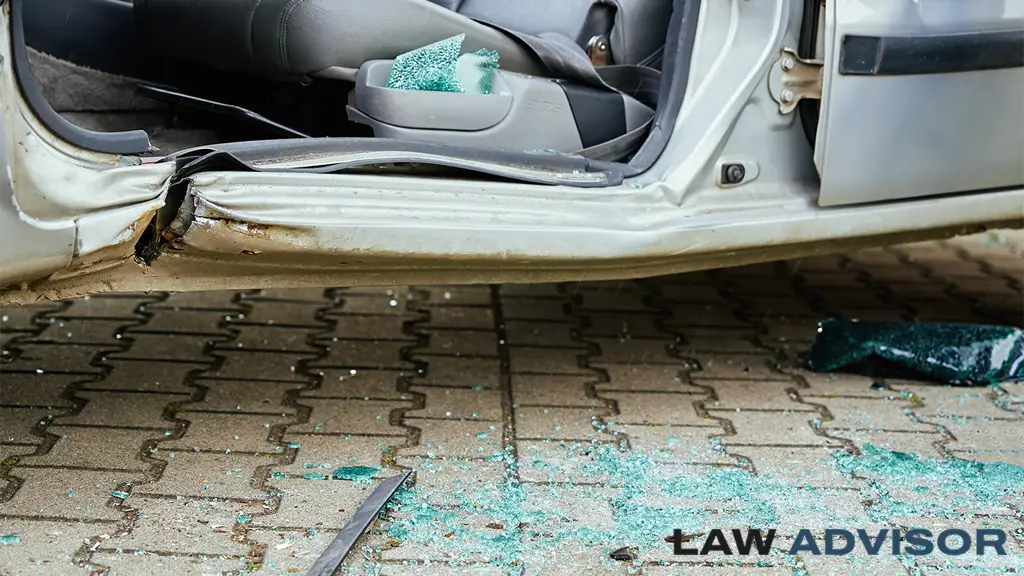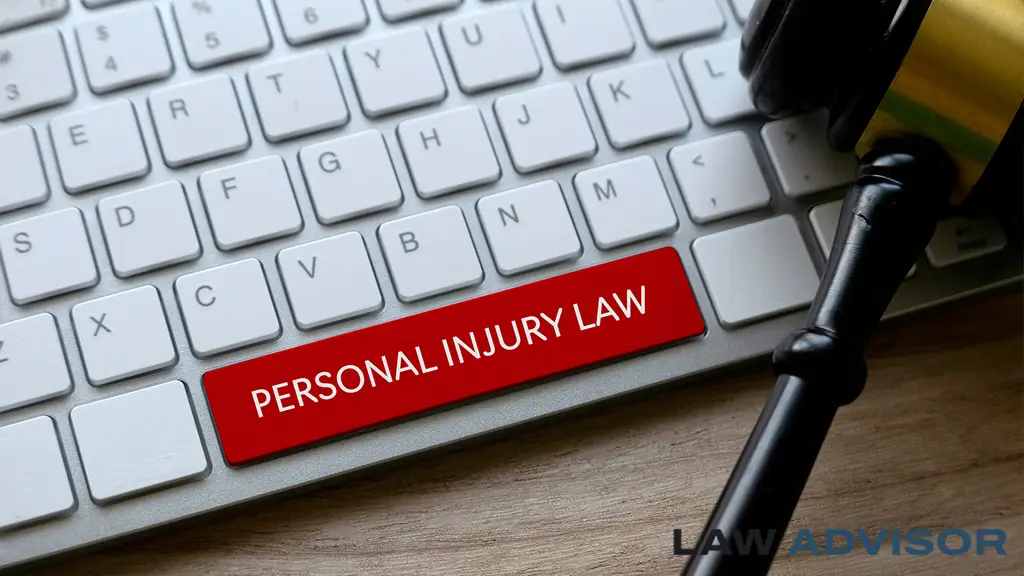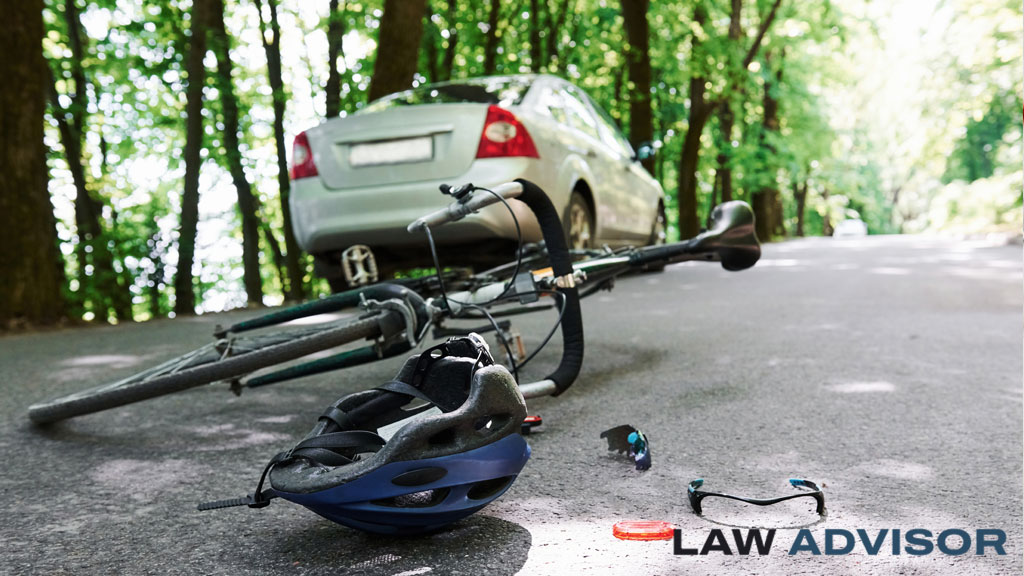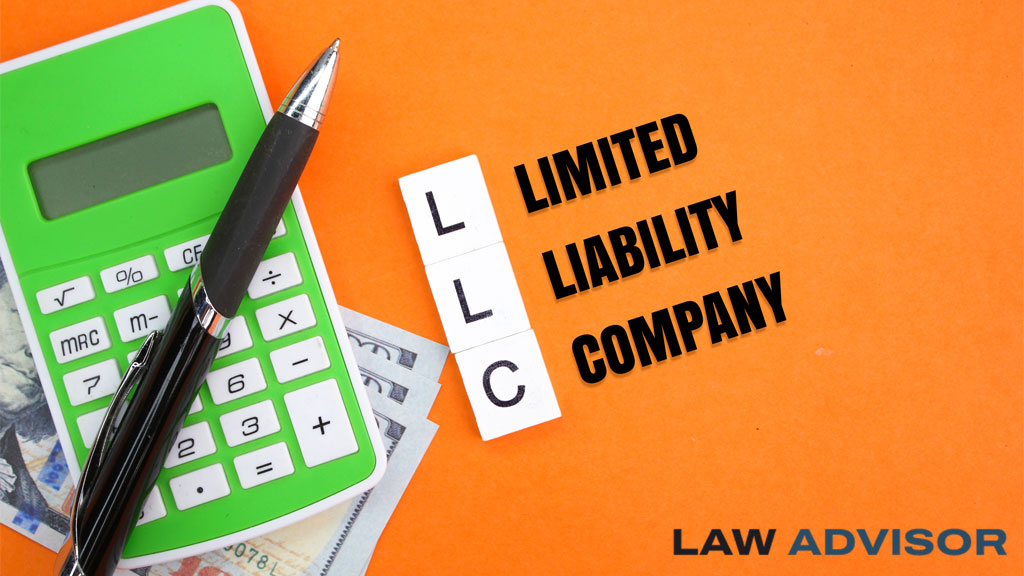Getting injured in an accident is stressful enough. But what many people don’t realize is that what you do after the accident can make or break your personal injury claim.
From saying the wrong thing to skipping medical treatment, there are critical missteps that can seriously damage your case—and your chances of receiving fair compensation.
This guide breaks down the most common mistakes people make after an injury and how you can avoid them to protect your legal rights.
🧠 Why Your Actions Matter After an Injury
Insurance companies are not on your side. Their job is to:
- Limit payouts
- Discredit claims
- Use anything you say or do against you
That’s why knowing what not to do is just as important as what to do when pursuing a personal injury case.
❌ Top 12 Mistakes That Can Ruin Your Personal Injury Claim
1. Not Seeking Medical Attention Immediately
Even if you feel “fine,” always get checked out.
- Delays raise red flags with insurance companies
- Some injuries (like whiplash or concussions) don’t show symptoms right away
- A gap in treatment can be used to deny your claim
🧾 Tip: Follow all doctor recommendations and keep detailed records.
2. Failing to Call the Police or File an Incident Report
Without an official report:
- There’s no third-party documentation
- It becomes your word vs. theirs
- You may miss crucial witness statements
Even in minor accidents, report it.
3. Admitting Fault at the Scene
You may feel emotional or shaken, but saying things like:
- “I’m sorry”
- “It was my fault”
- “I didn’t see them”
…can be used against you—even if you weren’t legally at fault.
💡 Let investigators determine fault. Stick to the facts.
4. Not Preserving Evidence
Photos, videos, and witness info are gold for your case.
- Take pictures of your injuries, vehicle damage, accident scene, and surroundings
- Get contact info from witnesses
- Save damaged clothing, receipts, and any related documents
5. Talking to the Insurance Company Without a Lawyer
Insurance adjusters are trained to:
- Get you to settle quickly and cheaply
- Twist your words
- Ask misleading questions
Always consult an attorney before speaking with adjusters or signing anything.
6. Posting on Social Media About the Accident
Yes—even your innocent posts can be used to argue:
- You’re not really injured
- You’re exaggerating your pain
- You’re physically active or happy
📵 Avoid posting anything until your case is fully resolved.
7. Missing Medical Appointments or Stopping Treatment Early
This gives the impression that:
- Your injuries aren’t serious
- You’re not committed to recovery
- You’re trying to inflate your claim
🧠 Consistency in treatment strengthens your case.
8. Delaying the Claim or Lawsuit
Every state has a statute of limitations—a legal deadline to file your claim.
⏳ Waiting too long can:
- Hurt your evidence
- Cause witnesses to forget details
- Lead to your case being thrown out entirely
Act quickly and stay on top of deadlines.
9. Not Hiring a Personal Injury Attorney
Many people try to handle claims on their own—but an experienced lawyer:
- Knows what your case is worth
- Handles all negotiations
- Can increase your settlement significantly
Plus, most personal injury lawyers work on a contingency basis—you don’t pay unless you win.
10. Accepting the First Settlement Offer
Insurance companies often make lowball offers early on, hoping you’ll accept before knowing the full impact of your injury.
🚫 Don’t sign anything without legal review.
11. Exaggerating or Misrepresenting Your Injuries
Credibility is everything.
- If you’re caught exaggerating, your entire case may be dismissed
- Always be honest about symptoms and limitations
Truth > drama.
12. Failing to Document the Full Impact of the Injury
This includes:
- Missed workdays
- Emotional distress
- Physical limitations
- Lifestyle changes
📓 Keep a pain and recovery journal to track your progress.
🧠 You May Wanna Check Out:
- Understanding Pain and Suffering in Injury Settlements
- How Long Does a Personal Injury Lawsuit Take?
- What to Expect During a Personal Injury Lawsuit
✅ Final Thoughts
When you’re injured, the last thing you want is to unintentionally sabotage your own case. By avoiding these common mistakes and working with the right legal support, you’ll position yourself for the best possible outcome.
Protect your health. Protect your rights. And protect your case.










